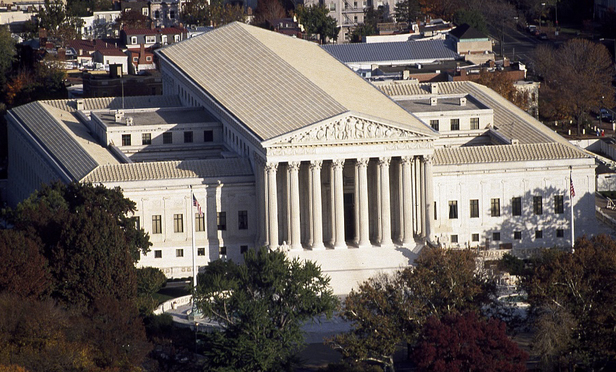In the coming months, the U.S. Supreme Court will decide two cases relating to incriminating evidence—one concerns finding it, and the other concerns destroying it. In Heien v. North Carolina, No. 13-604, the court will decide whether the Fourth Amendment allows the introduction of evidence obtained in the course of a police officer’s traffic stop that was predicated on a good-faith mistake of law. In Yates v. United States, No. 13-7451, the court will address whether the destruction of evidence prohibited by 18 U.S.C. Section 1519 applies to a fisherman accused of catching undersized fish who allegedly destroyed the evidence of that crime—namely, the contraband fish.
Heien v. North Carolina
In Heien, a police officer pulled over the defendant based on an incorrect understanding of North Carolina law. The officer noticed that one of the two brake lights on Nicholas Brady Heien’s vehicle was not illuminating, and he pulled over Heien’s car on that basis. The officer subsequently obtained Heien’s consent to search the vehicle, and the officer discovered a bag of cocaine. Heien pleaded guilty to trafficking cocaine, but he reserved the right to contest the constitutionality of the traffic stop.
This content has been archived. It is available through our partners, LexisNexis® and Bloomberg Law.
To view this content, please continue to their sites.
Not a Lexis Subscriber?
Subscribe Now
Not a Bloomberg Law Subscriber?
Subscribe Now
LexisNexis® and Bloomberg Law are third party online distributors of the broad collection of current and archived versions of ALM's legal news publications. LexisNexis® and Bloomberg Law customers are able to access and use ALM's content, including content from the National Law Journal, The American Lawyer, Legaltech News, The New York Law Journal, and Corporate Counsel, as well as other sources of legal information.
For questions call 1-877-256-2472 or contact us at [email protected]



